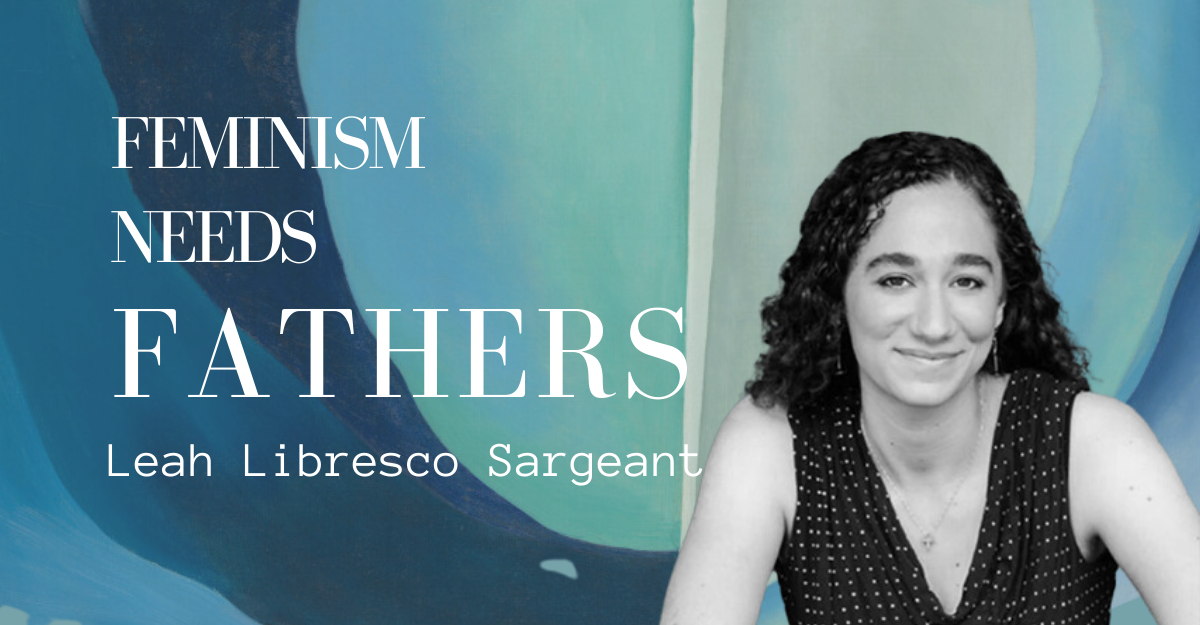This essay is part of a symposium. Click here to read the other essays in this collection.
Men and women have both been unsexed in the name of equality. The injustice done to women is more blatant, and Erika Bachiochi does an excellent job chronicling our modern errors and their historical precedent in “Sex-Realist Feminism.” The obvious reproductive asymmetry between men and women is the problem that has to be fixed, by any means necessary, in a society that doesn’t know how to acknowledge a difference without also seeing a deficiency.
For women, the fix is bloody and cruel: the expectation that we will kill our children in order to be as free as men are to walk away from someone who depends on us. There’s a softer version of this demand, too. It hides behind the idea that equality means evading all the distinctive ways women are mothers not just parents. It means being back at work two weeks after giving birth, pumping in a dark closet, and denying that the baby has a particular claim on its mother.
But for men, there’s also been an unsexing. A man who is just told not to abandon his child has not been called to the fullness of fatherhood. The emphasis on breadwinning similarly reduces a father to a generic parent (or worse, a mere payroll deposit).
A woman’s motherhood is more starkly physical; a baby’s demands during gestation and nursing are undeniable (despite our culture’s efforts to escape them). For men to participate in a sex-realist, pro-family movement, we have to articulate what is distinctive about men and their capacity for fatherhood.
In my own experience, the Bradley approach to labor and childbirth was profoundly engaged with dignity in asymmetry. Only I could labor to bring our daughters into the world, but my husband was no passive observer (and he certainly wasn’t out in the lounge with cigars). I depended on him more than our midwives or our doula—to take my weight during contractions, to speak for me during consults for interventions, and to be prepared to hold our baby first when I was immobilized by a c-section.
I look for that model of complementary strengths and dependencies outside of the labor and delivery ward. Mothers and fathers both need space outside of being generic “workers” to give themselves to their families and communities in their own distinctive ways.



